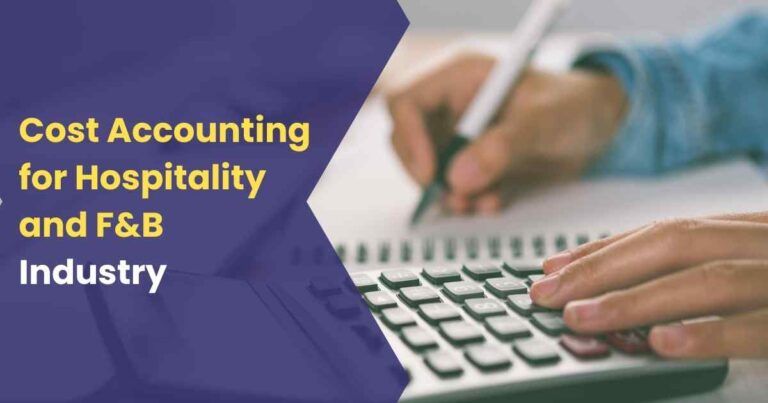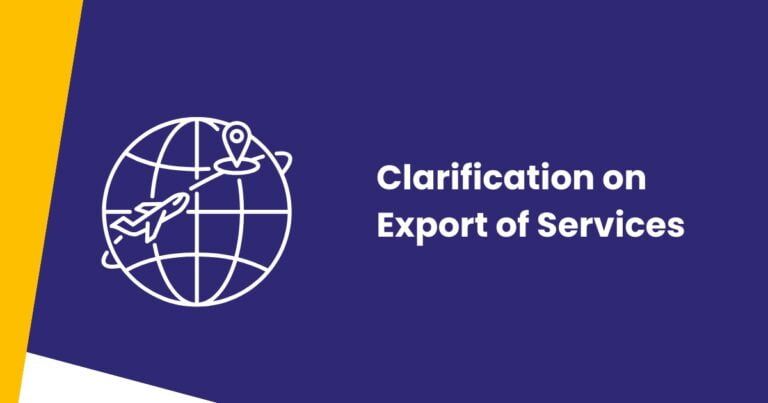Tracking costs carefully is key for restaurants and hotels to make more money. This article explains different ways hospitality managers can use cost accounting to boost profits.
Section 1: Main Cost Areas in Hospitality & Food Businesses
To control costs, you first need visibility on where your money is going. For most eateries and hotels, these four areas tend to contribute the most to overall expenses:
- Food Ingredient/Consumables Costs
This includes raw materials like meat, vegetables, grains, spices etc. as well as other consumables like cleaning supplies. Tracking the exact breakdown gives clarity on the proportion spent on ingredients versus indirect materials.
- Employee Costs
Salaries, wages and benefits for kitchen staff, servers, housekeeping represent a huge chunk of hospitality expenses. Analysing patterns by role, experience level and full-time versus part-time staff helps optimize labor spending.
- Utility Costs
Electricity, water and gas bills can vary widely depending on kitchen sizes, occupancy and appliance efficiencies. But utility expenses can be 10-20% of costs so monitoring usage per covers or nights booked is essential.
- Operating Costs
These include equipment/machine repair and maintenance, rental charges for storage and dining areas, insurance premiums, license fees and other overheads vital to daily functioning.
Regularly tracking each category above will provide good visibility into where exactly the money is being spent and scope for reductions.
Section 2: Cost Accounting Techniques to Improve Efficiency
Armed with detailed cost data, hospitality finance leads can apply specialized accounting approaches to minimize expenses. Popular techniques include:
- Activity-Based Costing
The ABC methodology analyses costs for every single task or activity across departments. For instance, the costs for setting up tables, taking orders, loading dishwashers and so on. This pinpoints high cost procedures to address.
- Standard Costing
Here, you would benchmark expected costs for say raw materials or electricity based on past data and budgets. Comparing actual monthly or weekly expenditure to these pre-set standards reveals excess spending to rectify losses.
- Inventory Management
Techniques like FIFO, just-in-time ordering, setting par stock levels and using stock turnover metrics helps optimize ingredient/consumable quantities. This limits wastage from spoilage and over-ordering.
- Cost-Volume-Profit Analysis
CVP analysis studies impact of increasing sales units on profit growth based on cost behaviour as volume expands. This helps inform decisions like adding more banquet capacity or a new restaurant floor.
Section 3: Technology Tools to Automate Cost Control
Manually tracking different costs and identifying savings opportunities can be extremely time consuming. Thankfully, hospitality software makes the process more efficient.
- Menu Engineering Software
Programs like Men usage, Swift Menu or Digital Menu Cost analyse historical recipes, ingredients and menu performance data to optimize offerings while controlling food costs.
- Purchase Order Systems
These generate suggested order quantities for stock items based on consumption algorithms. Linking with inventory management software gives excellent visibility on stock in hand before fresh orders.
- Budget Variance Analysis
Hotel budgeting software like Unfocused can compare actual costs versus set budgets down to the departmental levels on a weekly or monthly basis. This allows course correction before final reporting.
- Automated Cost Allocation
Tools like Kariba and Oracle Hospitality simplify allocation of shared overheads like power, water and centralized kitchen costs to different hotel departments or restaurant units.
Section 4: Boosting Profits with Cost Accounting
The ultimate goal of tracking costs is to improve profitability. Cost accounting enables techniques like:
- Cost-Based Pricing
Having granular data on operational costs allows hotels and restaurants to set optimal pricing for rooms and menu items to hit profit goals.
- Managing Seasonality
Understanding cost and revenue patterns during peak versus lean seasons allows planning variable staffing levels and stock inventory ahead of time.
- Multi-Location Cost Optimization
For chains with multiple units, cost accounting helps compare expenses chain-wide to highlight best practices that can be adopted across locations.
Conclusion
In today’s competitive hospitality landscape, cost accounting is crucial for financial viability. Start by identifying your biggest expense buckets and set up systematic tracking mechanisms. Over time, implement specialized techniques like activity-based costing and adopt automation tools for efficient control. With robust cost management, you can maximize profits while delighting your guests!
FAQs
Key items to track include food costs, beverage costs, labour costs, utility expenses, and both fixed and variable operating costs. Analysing these separate cost components is crucial for financial control.
Key ratios are food cost percentage, beverage cost percentage, labour cost percentage, seats turnover rates, RevPAR (revenue per available room), and guest satisfaction scores. Each helps assess operational efficiency from different angles.
Hospitality tech tools like POS systems, inventory management software, payroll systems, and revenue management software automate tracking of multiple income and cost elements. This generates data for better decision making.
Tactics like dynamic staff scheduling, streamlining menus to minimize waste, implementing portion controls, negotiating vendor contracts, building loyalty programs to increase repeat business etc. can optimize costs.
Hospitality-focused accountants and consultants can provide tailored advice on managing finances. Industry associations also offer cost control guidance. Using specialized software and tools creates consistency in cost accounting.





